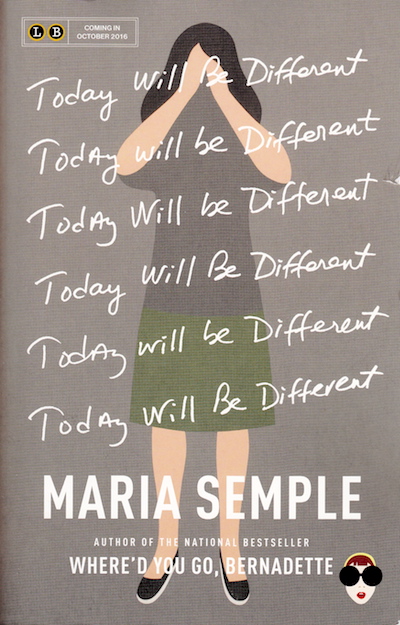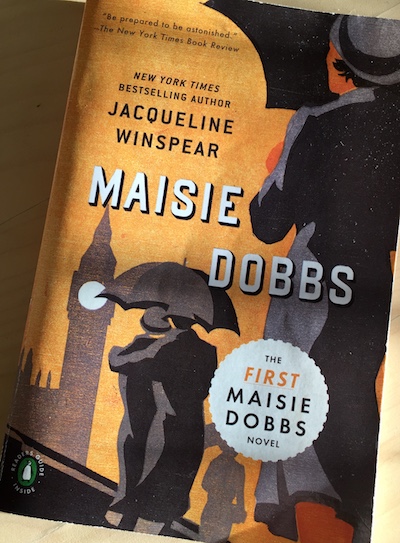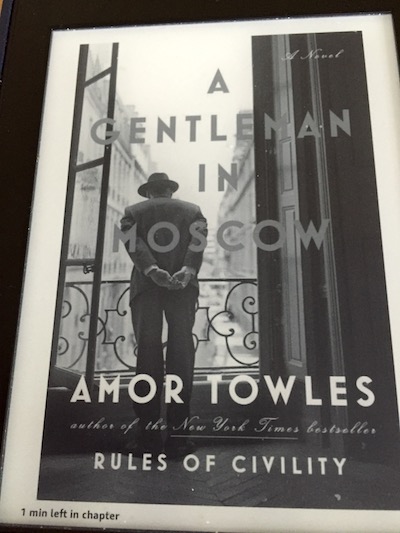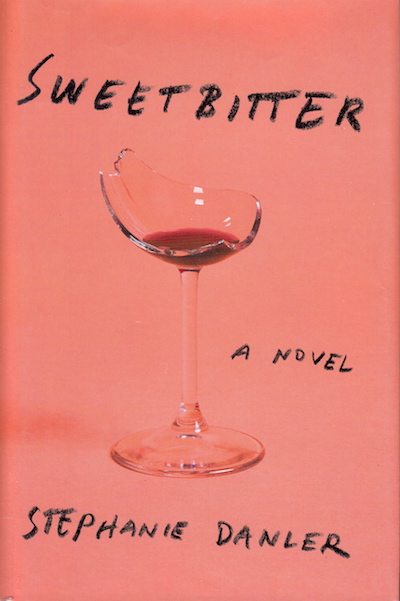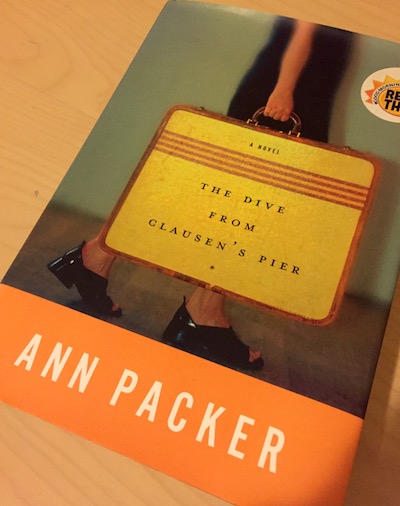
Once upon a time, I read The Dive from Clausen’s Pier. I over-identified with the main character, Carrie, who was from Madison, like me. She went to the University of Wisconsin, like me. She had the same boyfriend through high school and college, like me. When we both left Madison, it was all tied up in feelings of loss and wondering who we really were. Leaving Madison helped both of us figure out who we were.
So, in the novel, when Carrie goes back to Madison for a visit and it becomes clear that she’s going to stay. I got angry. Very, very angry. I finished the book, put it down and did not pick it up again for almost 14 years.
It was with some trepidation that I picked it up off the shelf a couple of weeks ago. “I’ll just read until she leaves for New York. I’ll skim it, it’ll be fine.”
Much to my surprise, time from both the story and Madison gave me the distance I needed to appreciate what Ann Packer had to say about the city where I grew up, the patriarchy, stability, love, and friendship.
Don’t get me wrong: I put it down when she returned to Madison. I still can’t deal with her going back. It’s too… No. Carrie, you were on your way to happiness, a career in fashion (a thing you clearly love), a relationship that wasn’t based on you taking care of him. Just, NOPE. Stay gone. Stay yourself.
But that’s not the story. And that’s ok.
